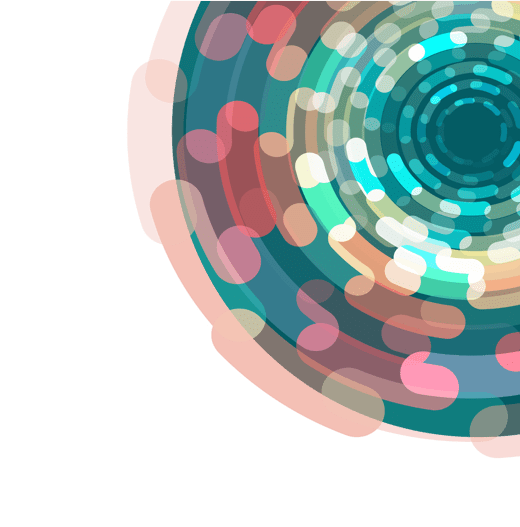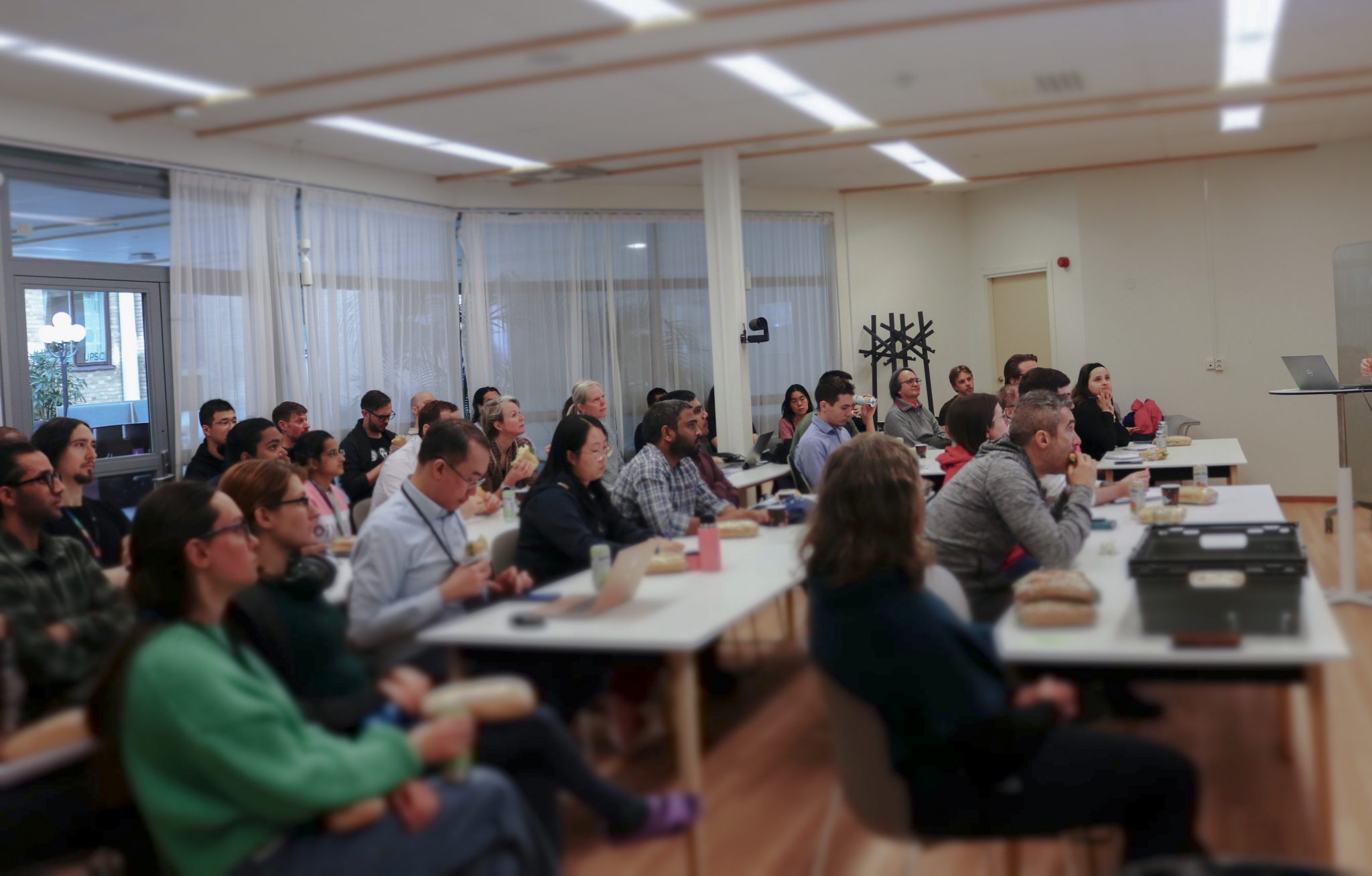Mapping human tissue architecture using spatial transcriptomics
March 18 @ 15:00 – 16:30 CET
Omer Ali Bayraktar, PhD
Wellcome Sanger Institute, UK
Abstract
Spatial transcriptomic technologies promise to resolve cellular wiring diagrams of tissues in health and disease, but comprehensive mapping of cell types in situ remains a challenge. First, I will present сell2location, a principled Bayesian model that can resolve fine-grained cell types in spatial transcriptomic data and create comprehensive cellular maps of diverse tissues. We comprehensively assess cell2location in three different tissues and demonstrate its versatility for mapping complex tissue architecture. Second, I will introduce our work on dissecting tissue pathology in severe COVID-19 and demonstrate how integrated single cell and spatial transcriptomics can map the cellular landscape of alveolar damage in the human lung.
Biography
Dr Bayraktar is a neuroscientist interested in studying human brain development and disease. His technical interests are focused on high-throughput spatial genomics. Omer was a postdoctoral fellow in David Rowitch’s lab, where he developed new spatial genomic pipelines for mapping large tissues and discovered astroglial layers in the cerebral cortex. Omer started his research group in the Cellular Genetics Programme at the Wellcome Sanger Institute in 2018. His group has developed new computational tools to integrate single cell and spatial transcriptomics data for comprehensive mapping of cell types across complex tissues.
Currently, Omer is leading the Sanger-EBI High-Throughput Spatial Genomics Team to develop experimental and computational platforms to map human tissue architecture at scale.
joakim.lundeberg@scilifelab.se


